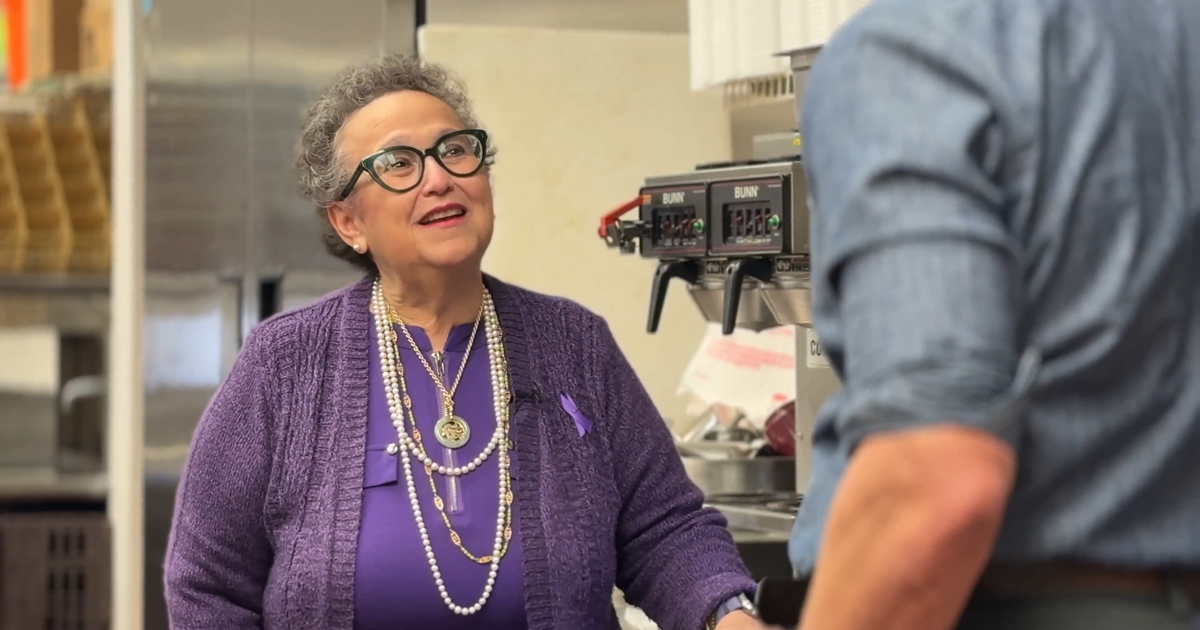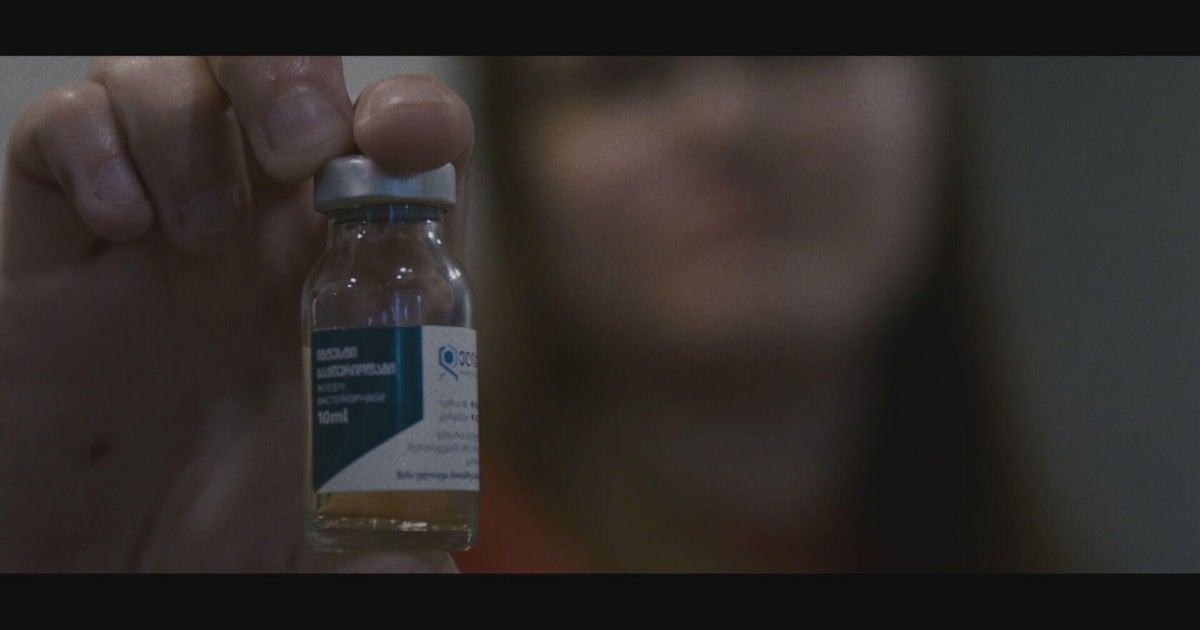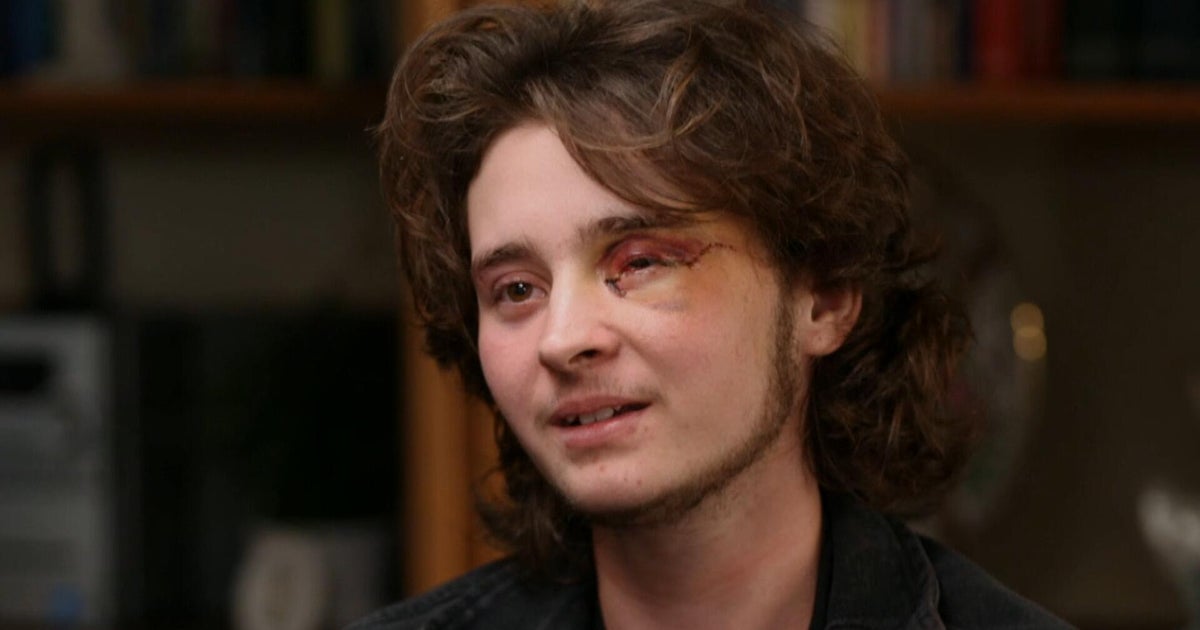After CBS News report on rare eye cancer mystery, hundreds share similar stories
Doctors are intensifying efforts to find out what caused groups of people in two different cities to mysteriously develop a rare eye cancer. Ocular melanoma typically occurs in just six out of every one million people, but we met four friends who went to Auburn University and were all diagnosed with the disease. A growing list of people from the area developed the same cancer.
At least 18 other people with ties to Huntersville, North Carolina, were also diagnosed with ocular melanoma.
After our report Monday, hundreds of people reached out to say they or someone they know have had this same rare cancer. One of the four women we interviewed, Ashley McCrary, had previously set up a Facebook page for people with this cancer that now has drawn comments from around the world.
"Having the CBS air Monday morning was just -- we were just blown away all day long with texts and emails," McCrary said.
McCrary said the most common reaction she gets from people who saw our report on ocular melanoma is hope.
"I don't know if you've ever been through something by yourself, but the worst place to be is alone and so this has been able to provide people just a family," McCrary said.
One of those people is Kayla Allmon from Tennessee.
"It all began as a shock because I've always had perfect vision," Allmon said.
The 30-year-old was diagnosed with ocular melanoma this past September. She underwent radiation treatment and lost almost all of her vision in her right eye. She saw our story about McCrary and three other women who attended Auburn University who are battling ocular melanoma.
"Do you feel like you have a community now?" Werner asked.
"Just to get support, peace of mind, and just to feel like you're not alone I think is a huge, huge benefit of that group," Allmon said.
Part of that group is also Allyson Allred. Our affiliate WIAT in Birmingham, who has been following the story since last year, spoke with Dr. John Mason, who is treating Allred.
"Most recently in the last year or two, I've seen more cases of melanoma that I've seen in the previous 21 years. I don't know why," Mason said.
Doctors are hoping more people coming forward may help find more answers. Ongoing studies in North Carolina have not revealed a cause of the increase in ocular melanoma cases there.
Funding for new studies in Alabama has been hard to come by, as both the state of Alabama and Auburn University declined to offer funding. The university has set up a task force but Allred said more needs to be done.
"It's real important for us to have the money to even begin the research, and without the research there's not a chance of us finding the cause or the possible link," Allred said.
McCrary and Allred hope more attention will generate more funding – and ultimately save lives.
"We've just been so pleased and so thrilled that the awareness is happening, the possibility of funding is more likely now that we're getting some attention, and we're excited about the direction it's going," McCrary said.
McCrary's Dr. Marlana Orloff is an oncologist at the Sidney Kimmel Cancer Center at Thomas Jefferson University in Philadelphia. She said that they have received so many calls since our story aired related to ocular melanoma that they have had to create a dedicated phone line to handle them all: 215-313-2868.





